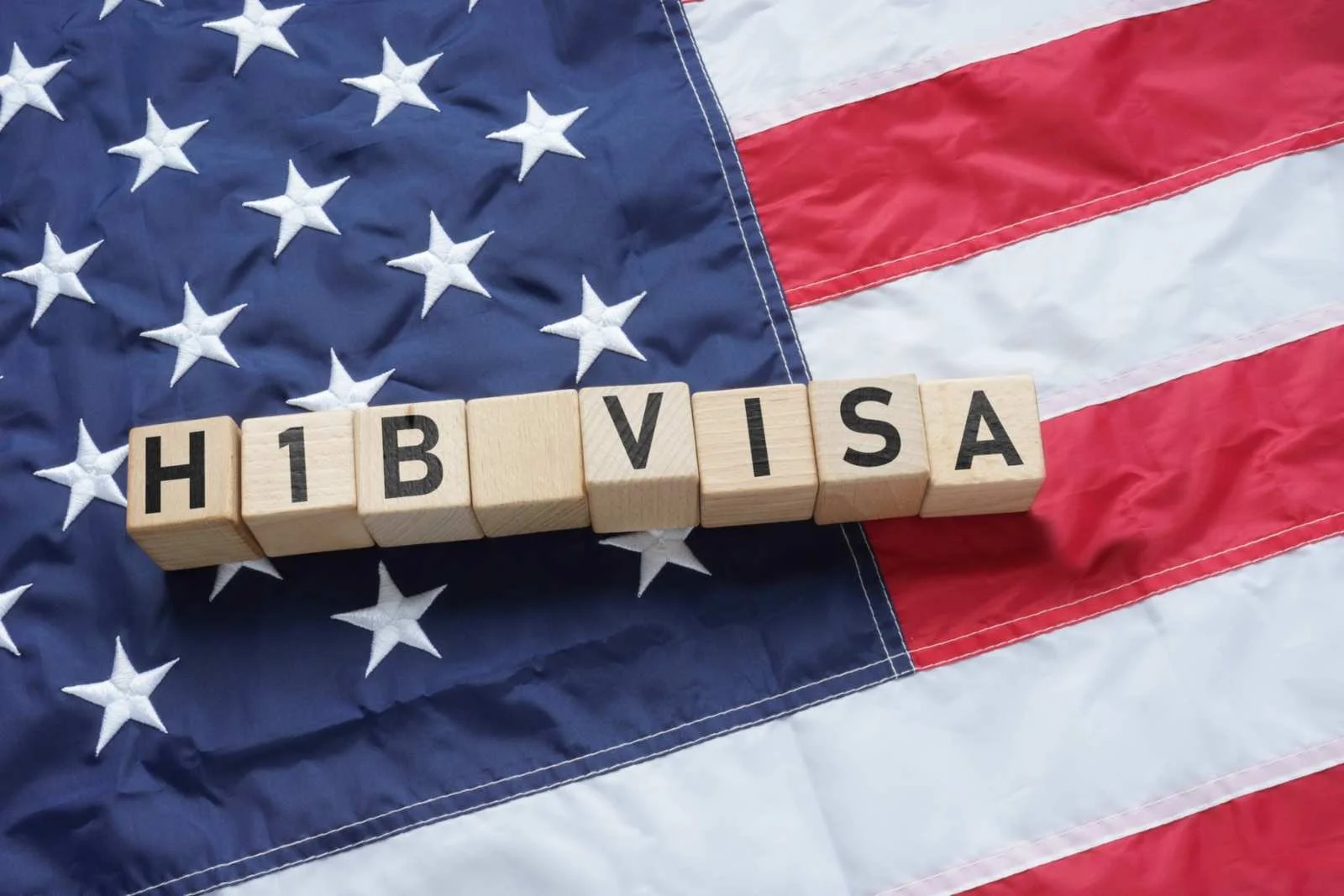Blog
H-1b Visa Cap Season is Almost Here!
USCIS has announced that the initial registration period for the FY2023 H-1b cap will open at 12 pm ET on March 1, 2022, and run through 12 pm ET on March 18, 2022.
H-1b Visa Cap Season is Almost Here!
H-1b visa cap season is rapidly approaching. If you are an employer looking to hire a foreign national under an H-1b visa, now is the time to get started with the process.
Trump's Sweeping H-1b Visa Regulatory Changes
The Trump Administration’s sweeping regulatory changes to the H-1B visa were published last week. Prevailing wage has increased across all occupations and locations; this increase took effect on October 8th. Barring a court injunction, the other changes will take effect on December 7th.
Getting Around the Suspension of H-1b and L-1 Visas: National Interest Exceptions
Many foreign nationals know that on June 22nd, Presidential Proclamation 10052 was issued. The Proclamation suspends entry into the United States of applicants for certain visas, including (among others) H-1B, H-2B, L-1, and L-2 visas. It does not apply to applicants who were in the US on its effective date (June 24th) and who already had a valid visa in one of the classifications mentioned above. It is nonetheless a sweeping ban applicable to hundreds of thousands of nonimmigrants, which has resulted in multiple lawsuits being filed against the federal government to enjoin it.
Are you ready for H-1b season?
Employers growing their business need the best talent, and sometimes that talent needs a visa. The 2018 H-1b season was brutal - USCIS applied unprecedented levels of scrutiny and issued burdensome Requests for Evidence. The stop on premium processing and extraordinary processing delays left businesses and applicants in an often untenable limbo. Some applications are still pending.







